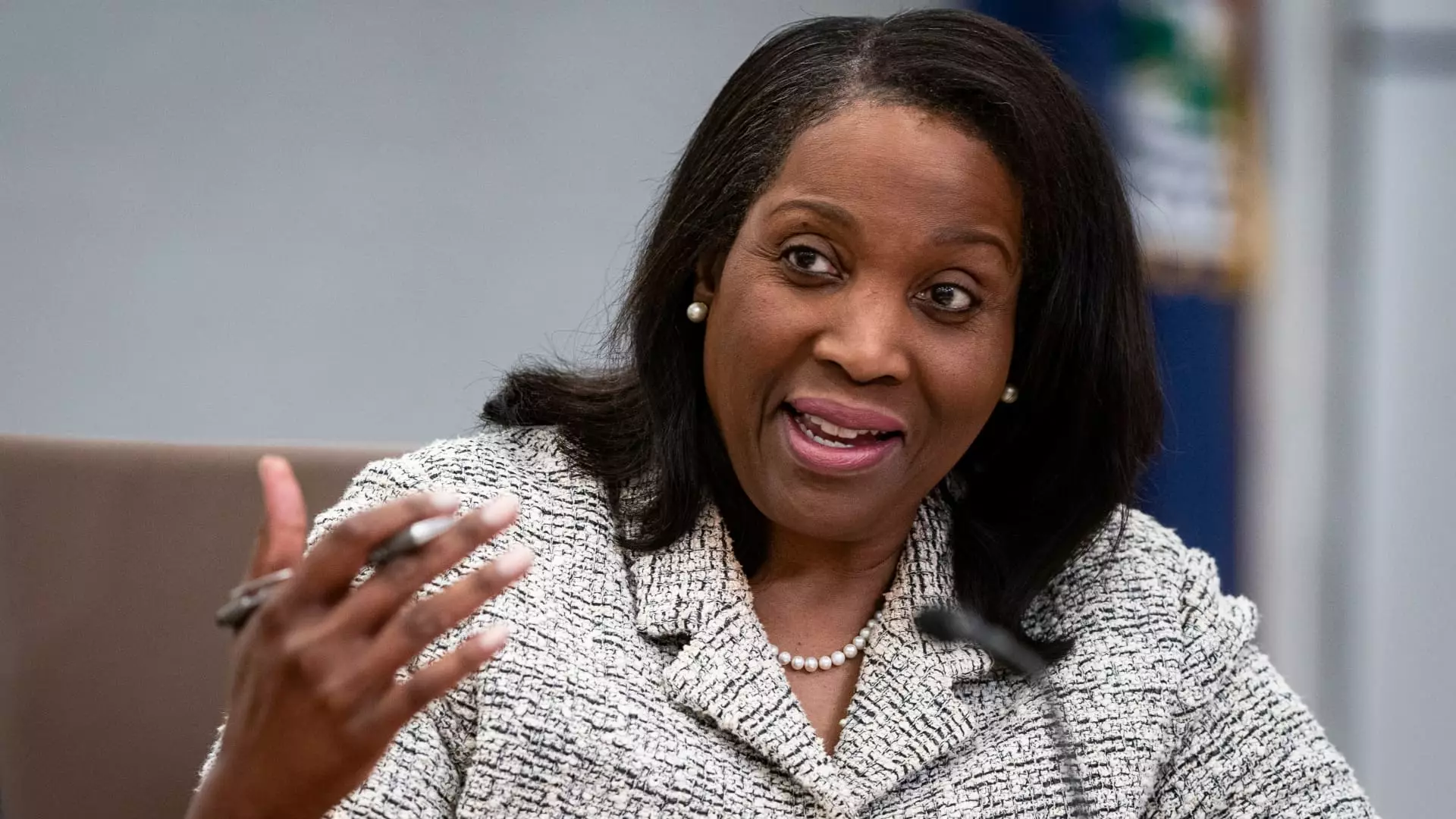In recent political tides, we are witnessing a troubling surge of attempts to manipulate and undermine the independence of the Federal Reserve—a cornerstone of American economic stability. The case of Federal Reserve Governor Lisa Cook exemplifies a broader crisis: the politicization of what should be a technocratic institution, not a pawn in partisan battles. When policymakers and political figures leverage unfounded allegations and threaten legal actions based on partisan whims, they jeopardize the credibility of our financial system. The apparent willingness to exert political influence over the Fed reflects a disturbing erosion of institutional independence, which can have catastrophic consequences for economic resilience and public trust.
Unfounded Allegations and Instrumental Politics
The recent allegations against Cook, including accusations of mortgage fraud, seem more rooted in political vendettas than genuine concerns about her integrity. Key figures opposing her appointment have been vocal, with some, including members of the Trump administration, calling for her immediate removal. This relentless pressure, fueled by social media narratives and partisan outrage, demonstrates how political actors—regardless of factual basis—are willing to weaponize legal and institutional mechanisms. Such tactics threaten to turn the Federal Reserve into a battleground for partisan power rather than a stable guardian of monetary policy and economic health.
What is particularly troubling is the manner in which interventionists ignore the legal framework supporting the Fed’s independence. The Federal Reserve Act of 1913 clearly states that its governors cannot be dismissed at the whim of political figures; only the president has constitutional authority to remove them. The recent calls for Cook’s removal, therefore, are an affront to the legal boundaries designed to safeguard the central bank from political interference. If lawmakers and political figures begin to bypass these statutes, the long-term stability and credibility of monetary policy—crucial for economic growth and stability—could be severely compromised.
The Perils of Politicizing Economic Governance
The broader danger is not simply the attempt to remove or discredit individual officials but the normalization of political interference in economic policymaking. When economic decisions—such as setting interest rates—become battlegrounds for political warfare, we risk undermining the very independence that ensures sound, non-partisan decision-making. Such actions feed into a destructive cycle where economic governance is destabilized by external pressures, leading to volatility, reduced investment confidence, and a loss of credibility in institutions that are supposed to serve all Americans, regardless of political leanings.
Moreover, these episodes serve to deepen public distrust. If the central bank becomes perceived as a political tool, the legitimacy it commands to manage inflation, employment, and financial stability diminishes. This not only harms the economy but also the fabric of democratic accountability. While some may argue that oversight is necessary, there is a fine line between legitimate oversight and politicized interference, and current developments suggest we are dangerously crossing that boundary.
The Center-Left Perspective: A Call for Protecting Institutional Independence
From a center-wing liberal perspective, the integrity of the Federal Reserve must be preserved as an apolitical institution dedicated to long-term economic stability. Politicians and ideologues gesturing for the removal of officials like Cook under spurious pretenses threaten to unravel the delicate balance crafted over decades. The focus should be on strengthening transparent, evidence-based decision-making processes rather than succumbing to populist pressures.
It’s essential for responsible leaders to recognize that the Fed’s independence is not a safeguard for entrenched elites, but a vital mechanism that ensures economic stability amidst political turbulence. Politicization creates a toxic environment where monetary policy becomes a hostage to fleeting political winds, significantly increasing the risk of inflationary spirals, market instability, and diminished public confidence. Defending the independence of the Fed aligns with the core liberal value of safeguarding institutions that serve the broader common good, rather than short-term political ambitions.
The case of Cook is emblematic of a broader threat: the temptation for political actors to wield legal and rhetorical tools to weaken those who dissent from their narrative. It is a dangerous precedent—one that, if unchecked, could reduce the Federal Reserve to a political instrument, thereby undermining the economic security of millions of Americans and the global standing of U.S. financial institutions.
Just as civic institutions require protection from political meddling, so too must our central banking system be shielded from partisan exploitation. To do otherwise risks permanently damaging the foundations of our economic governance, replacing informed expertise with political spectacle. This is a moral and practical imperative that cannot be ignored.

